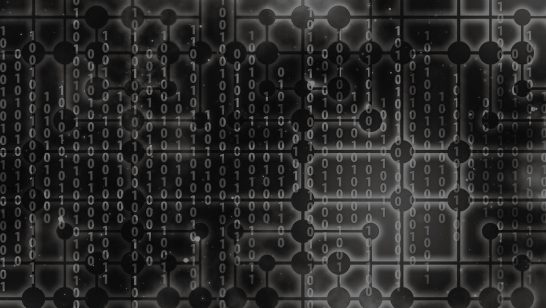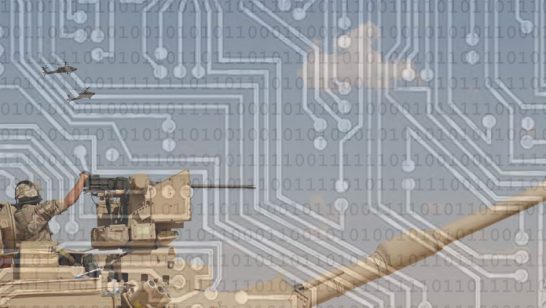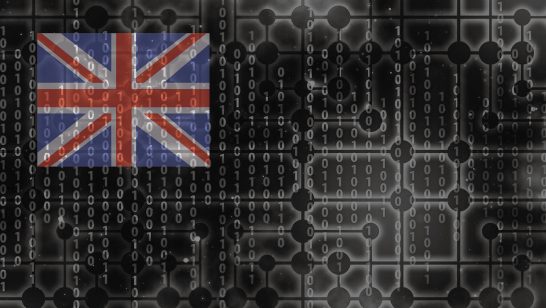On 21 March 2024, the European Leadership Network (ELN) and the Vienna Center for Disarmament and Non-Proliferation (VCDNP) held a hybrid event on the integration of artificial intelligence (AI) in nuclear command, control, and communications (NC3) systems, examining perspectives from P5 states.
Alice Saltini, ELN’s Research Coordinator, presented the core findings from the ELN report “AI and nuclear command, control, and communications: P5 perspectives”. She highlighted the main challenges and potential risks of AI in nuclear decision-making, including technological reliability, susceptibility to cyberattacks, and the need for alignment with human values. Alice emphasised the importance of implementing a risk assessment strategy and suggested a moratorium on integrating AI into sensitive NC3 functions until effective frameworks are developed by states.
Alice also presented the UK’s perspective to AI in military systems, noting the country’s emphasis on responsible use with a focus on safety, legality, and ethics, while also recognising AI’s strategic value.
The discussion followed with remarks from Fei Su, Héloïse Fayet, and Oleg Shakirov, who provided perspectives on this topic from China, France, and Russia, respectively. Each highlighted their country’s cautious stance on AI integration into critical nuclear decision-making systems, underscoring the consensus on maintaining human control over nuclear decision-making.
This event highlighted the diverse considerations surrounding AI and nuclear decision-making, illustrating the cautious yet exploratory approaches of P5 states towards this integration. The discussions pointed to a collective understanding of the importance of technological reliability and the need for international dialogue on the risks posed by integrating AI in nuclear systems.
For more information on this event, read the VCDNP’s summary here.
With thanks to the Department of State for sponsoring this project. You can read the full report here.
Image: Pixaby
The opinions articulated above represent the views of the author(s) and do not necessarily reflect the position of the European Leadership Network or any of its members. The ELN’s aim is to encourage debates that will help develop Europe’s capacity to address the pressing foreign, defence, and security policy challenges of our time.



